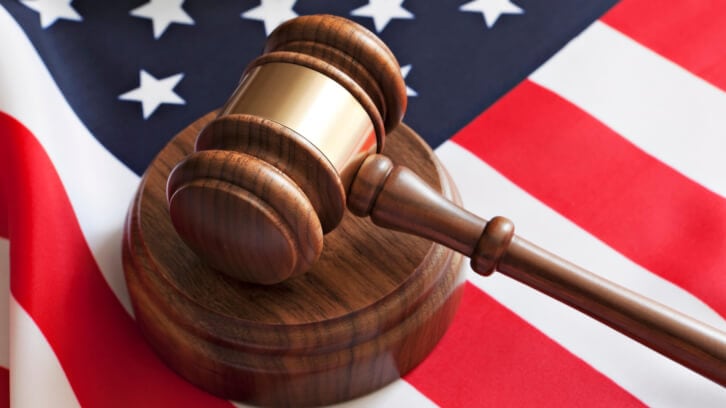The House Oversight and Accountability Committee, chaired by Rep. James Comer (R-KY), held a hearing Thursday with FDA Commissioner Robert Califf.
"The Oversight Committee has highlighted several crises occurring on the FDA’s watch which have negatively impacted the lives and health of American people and families," Comer said in an April 4 notice announcing the hearing. "We will hold the Commissioner accountable for what the FDA is doing to address ongoing crises, how they are conducting inspections to prevent nationwide crises in the future, and how they intend to ensure the FDA is first and foremost protecting American consumers."
Some of the crises members weighed in on include adulterated cinnamon, Ivermectin, baby formula and vape products from China.
Blow the whistle
During the five-hour hearing, members also weighed in on hemp regulation. Per usual, Califf traded in his signature bowtie for a whistle when asked about regulating CBD in a market where it can easily be mistaken for candy.
"Without revealing too much about my age, I'm a child of the 60s, so it would be nice if in my lifetime we came up with a regulatory scheme where… we can regulate it," he said. "It's not written in the law, as I said we're referees, you write the rules, we need the rulebook in order to play the referee role."
Rep. Comer expressed concerns over the FDA's decision to not regulate CBD as a dietary supplement ingredient. Califf doubled down on the Agency’s conclusion that it’s not safe enough to be considered a dietary supplement.
"We have a law from you all [Congress] defining hemp as less than 3% THC and what we've done, you've given us money to study the problem, and our conclusion as it relates to human health is they're not safe enough to be called a dietary supplement or a food, and so we've asked Congress to put together a regulatory pathway that will be appropriate so these products are available, but they're labeled, they're identified and in cases for example gummy bears packaged for children, there's a way for us to take action quickly in those situations," he said.
Citizens Petitions and liver transplants
When questioned if any outside groups requested that FDA regulate hemp-derived products, Califf did acknowledge the Citizens Petitions.
“Yes. We've had multiple citizens petitions, but as I've said, the requests have been to regulate these as dietary supplements and they don't meet the definition of a dietary supplement because of elevated liver enzymes and other health problems that we believe make them unsafe as supplements, but they could be regulated another way and made available if Congress thinks that's the right thing to do," he said.
"The research shows, for example, elevation of liver enzymes which are very concerning that if people take this over time there's going to be damage to the liver which could lead to things like liver transplant."
The 'Wild West'
Rep. Comer pointed out the wide array of CBD manufacturers that exist and how the lack of regulations is bringing down the entire industry:
"There's a big difference with CBD entities because it's the Wild West because the FDA won't regulate this product," he said. "There are companies with labs that would be as good as anything that Merck or Johnson & Johnson would have, and there are [also] people operating out of the garage of their house, so the reputable CBD manufacturers in America I believe strongly hope that the FDA will come in and not just take samples, because these companies aren't all the same, you agree with that, right?"
Califf responded that the scenario is characteristic of every industry that FDA regulates and "often the good players are penalized because of things that bad players do."
"I come back to the referee analogy, that's where a good referee can be very helpful, but the referee needs a rule book that says ‘here are the rules’, and you guys write the rules," he said.
Rep. Comer wrapped up by thanking the Commissioner, dubbing the hearing "very substantive".
"We covered topics from seafood inspection all the way to just about every other topic that I think could be imaginable throughout the past five and a half hours…and so much uncertainty in the CBD industry as well, so we look forward to working with you on that," he said.



